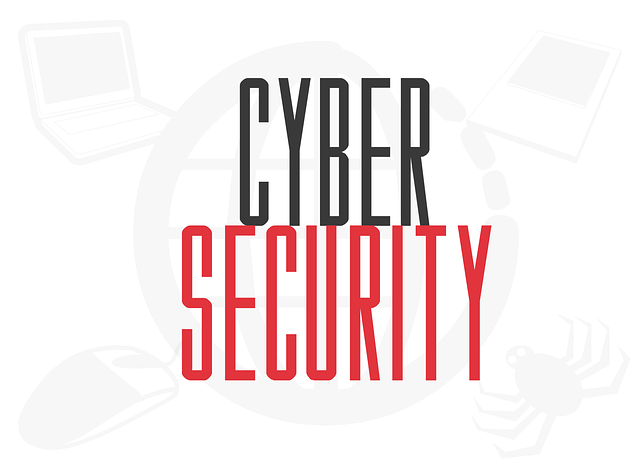The demand for cybersecurity professionals is at an all-time high, and companies are actively looking for skilled individuals to protect their digital assets. The best part? You don’t need prior experience to get into cybersecurity. With the right approach, dedication, and learning resources, you can build a successful career in this field. In this guide, we’ll walk you through the essential steps to kickstart your cybersecurity journey from scratch.
2. Understanding Cybersecurity Basics
Before you can get into cybersecurity, it’s crucial to understand the fundamental concepts. Cybersecurity involves protecting computer systems, networks, and data from cyber threats such as hacking, malware, and phishing. The field is vast, covering areas like:
- Network Security – Protecting data during transmission.
- Ethical Hacking – Identifying vulnerabilities before cybercriminals do.
- Security Operations Center (SOC) Analysis – Monitoring and responding to security incidents.
Learning these basics will give you a strong foundation to explore various cybersecurity career paths.
3. Learning Cybersecurity Fundamentals for Free
One of the best ways to get into cybersecurity without experience is by leveraging free online resources. Platforms like:
- Cybrary – Free cybersecurity courses for beginners.
- TryHackMe & Hack The Box – Hands-on labs for practical learning.
- YouTube & Blogs – Channels like NetworkChuck and Professor Messer provide valuable insights.
Taking advantage of these resources will help you build a solid understanding of cybersecurity without spending a fortune.
4. Getting Certified Without Prior Experience
Certifications can fast-track your journey to get into cybersecurity by proving your knowledge to employers. Here are some beginner-friendly certifications:
- CompTIA Security+ – A great starting point covering cybersecurity fundamentals.
- Certified Ethical Hacker (CEH) – Entry Level – Ideal for those interested in ethical hacking.
- Cisco Certified CyberOps Associate – Focuses on cybersecurity operations and threat detection.
Earning these certifications can make you stand out and help you land your first job in cybersecurity.
5. Building Hands-On Skills
Practical experience is essential if you want to successfully get into cybersecurity. Here’s how you can gain hands-on experience:
- Set Up a Home Lab – Use VirtualBox or VMware to create test environments.
- Learn Security Tools – Practice with tools like Wireshark, Metasploit, and Nmap.
- Participate in CTF Challenges – Websites like Hack The Box offer real-world hacking scenarios to solve.
By actively practicing, you’ll gain confidence and develop the technical skills needed for a cybersecurity job.
6. Gaining Practical Experience Without a Job
Getting real-world experience is crucial when trying to get into cybersecurity. You can:
- Contribute to Open-Source Security Projects – Sites like GitHub have cybersecurity projects where beginners can participate.
- Take Part in Bug Bounty Programs – Platforms like HackerOne and Bugcrowd allow you to find security vulnerabilities and get paid.
- Apply for Internships or Volunteer Roles – Many organizations offer cybersecurity internships that don’t require prior experience.
These opportunities will enhance your resume and make you more competitive in the job market.
7. Creating a Strong Cybersecurity Resume
A well-structured resume can make a huge difference when trying to get into cybersecurity. Ensure your resume includes:
- Certifications – Highlight any cybersecurity certifications you’ve earned.
- Hands-On Projects – Showcase the labs, CTF challenges, and bug bounty work you’ve done.
- Transferable Skills – Skills like problem-solving, attention to detail, and networking knowledge are valuable in cybersecurity.
Additionally, setting up a LinkedIn profile and a personal website to display your projects can help attract job opportunities.
8. Networking and Finding Job Opportunities
Networking is a powerful way to get into cybersecurity faster. Here’s how you can start networking:
- Join Cybersecurity Communities – Platforms like Reddit (r/cybersecurity) and Discord groups offer guidance and mentorship.
- Attend Cybersecurity Conferences – Events like Black Hat and DEF CON are great for learning and meeting industry professionals.
- Connect with Cybersecurity Experts on LinkedIn – Engaging with industry leaders and recruiters can open job opportunities.
Building a strong network increases your chances of landing your first job.
9. Applying for Entry-Level Cybersecurity Jobs
Once you’ve built a strong foundation, it’s time to start applying for jobs. Look for entry-level roles such as:
- SOC Analyst – Monitoring and analyzing security threats.
- IT Security Analyst – Identifying and mitigating security risks.
- Penetration Testing Intern – Assisting in ethical hacking and security assessments.
When applying, tailor your resume to highlight relevant skills, projects, and certifications to stand out from other candidates.
10. Conclusion
Breaking into cybersecurity without experience is possible with the right strategy. By learning fundamentals, gaining hands-on experience, earning certifications, and networking, you can successfully get into cybersecurity and land a rewarding job in this exciting field.
Are you ready to start your journey? Begin today and take your first step toward a promising career! 🚀




